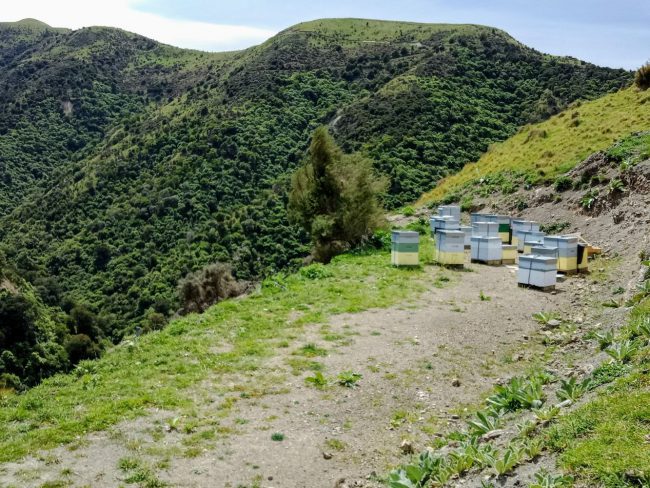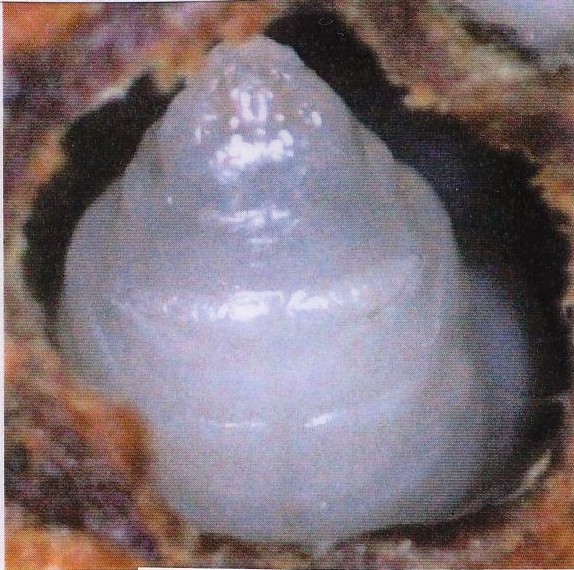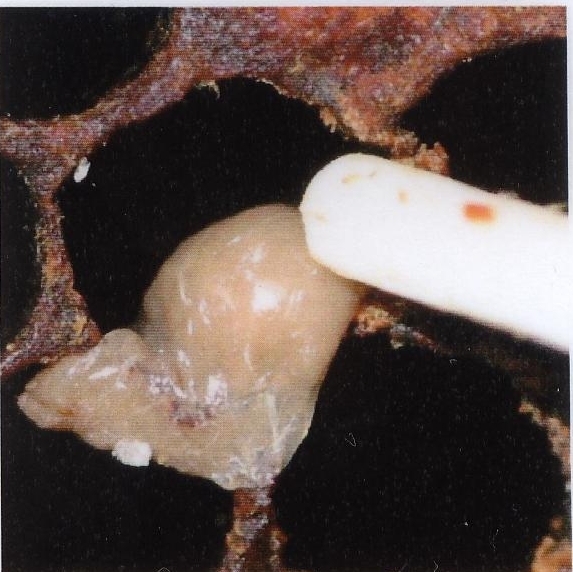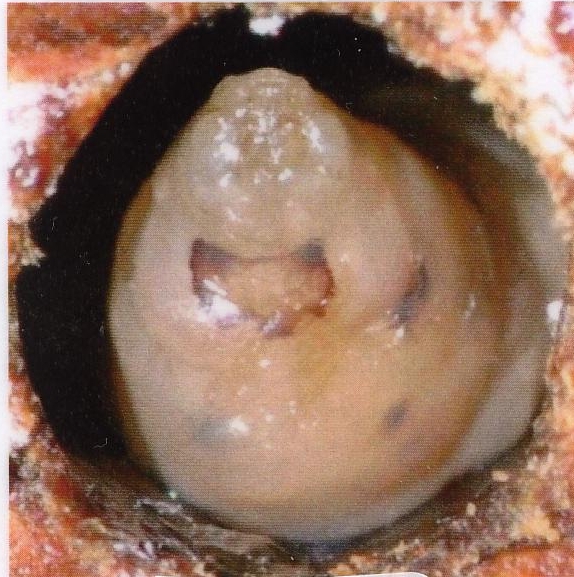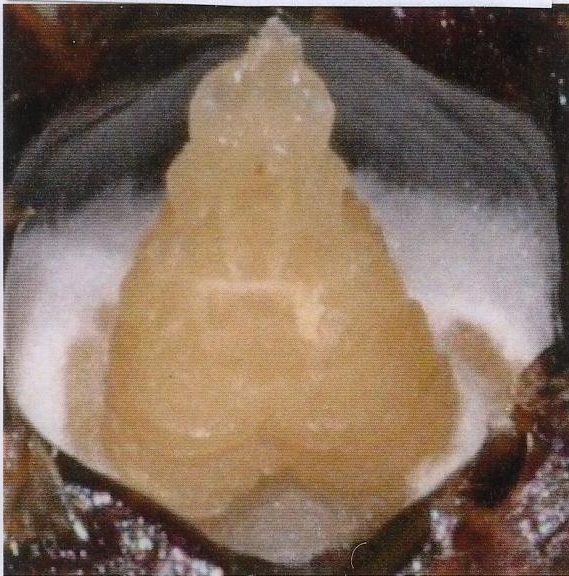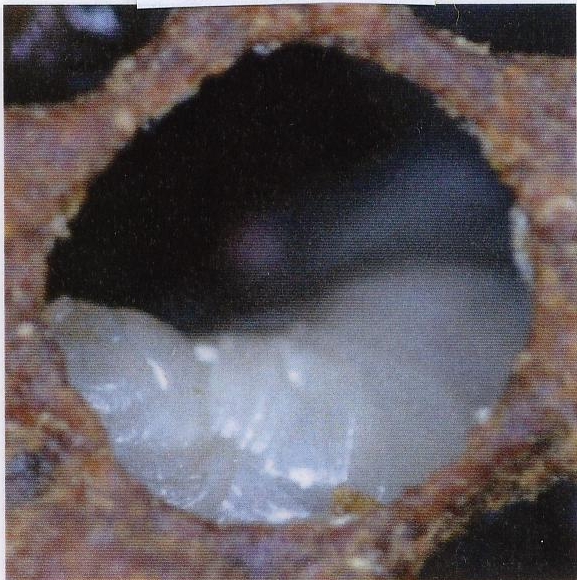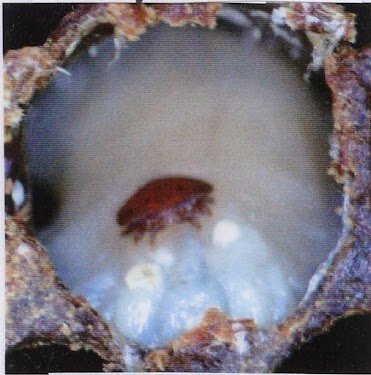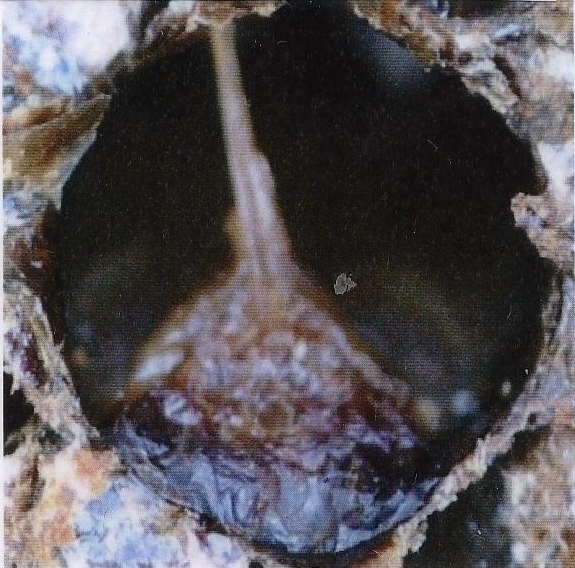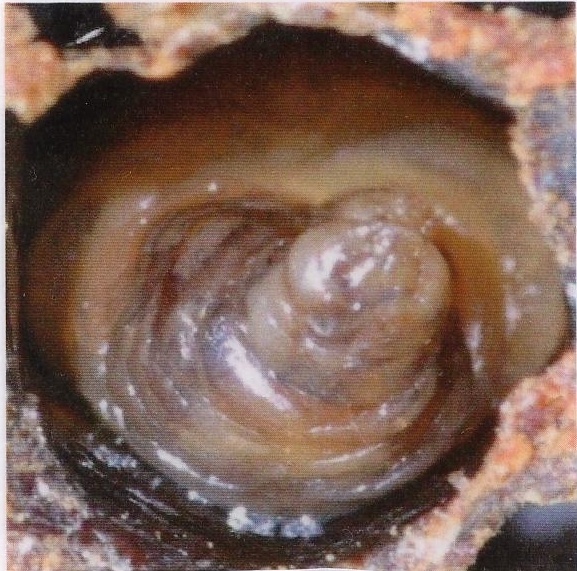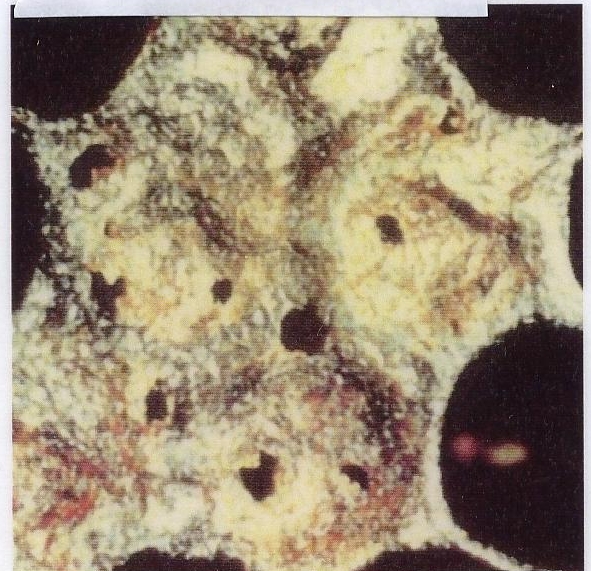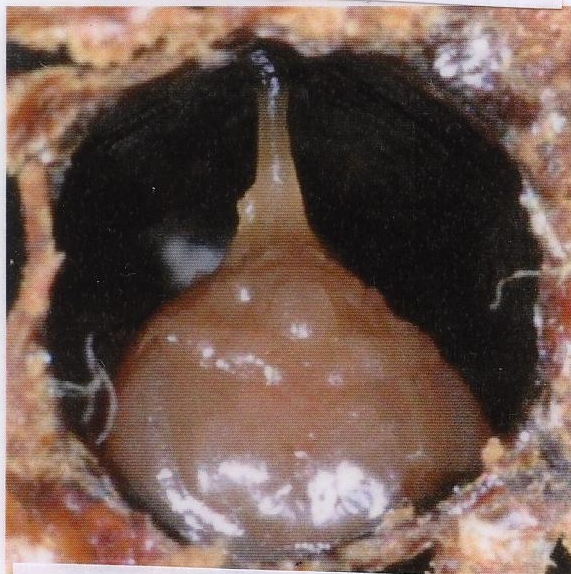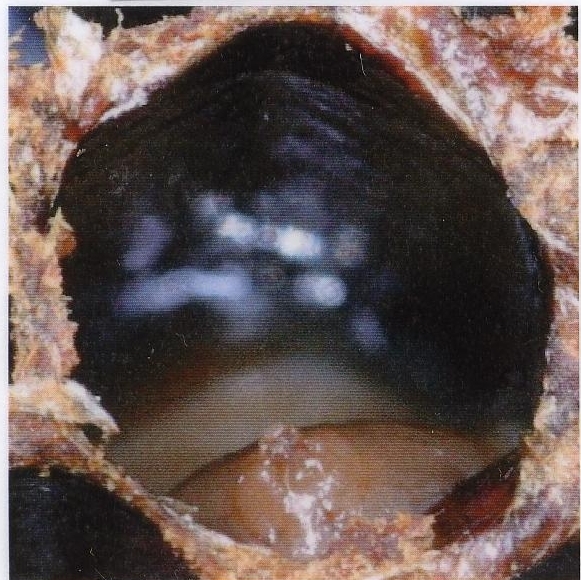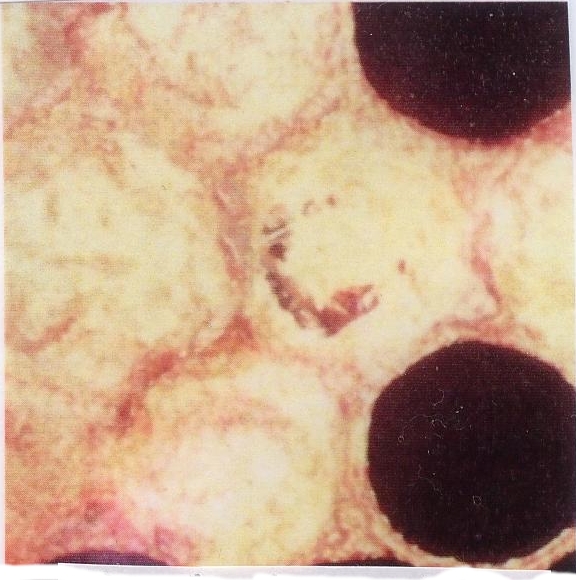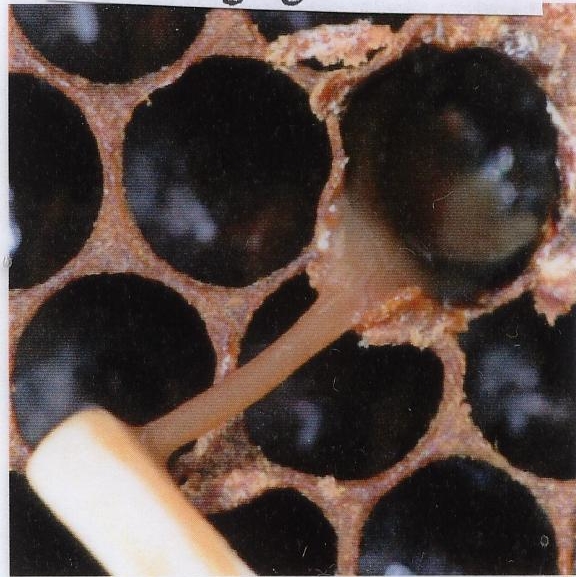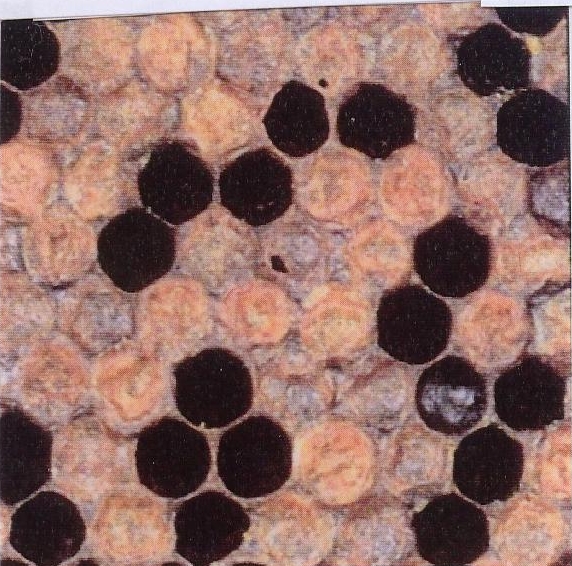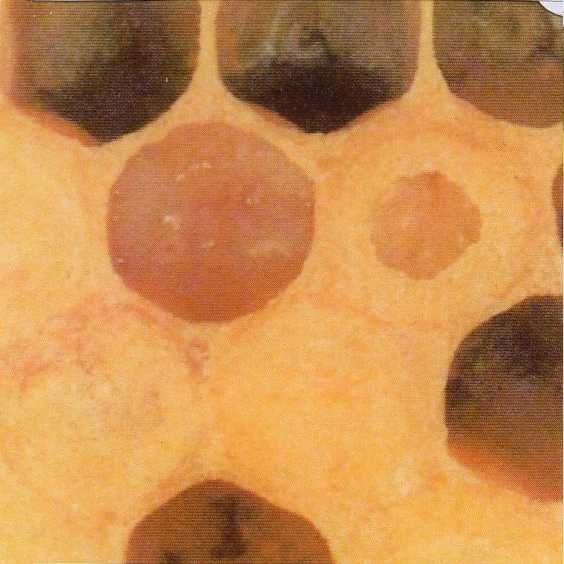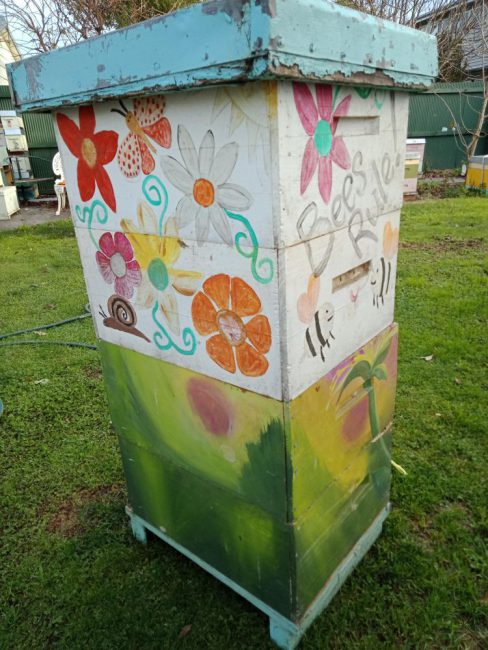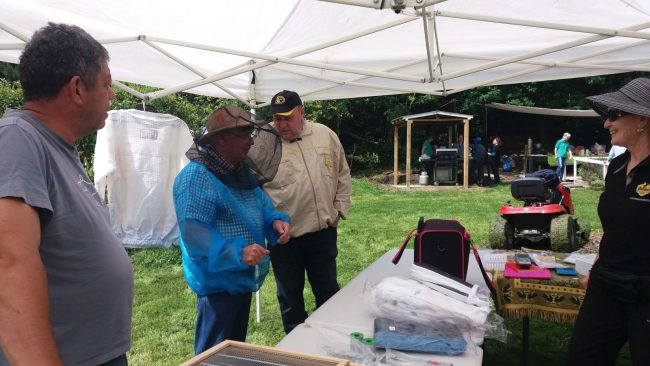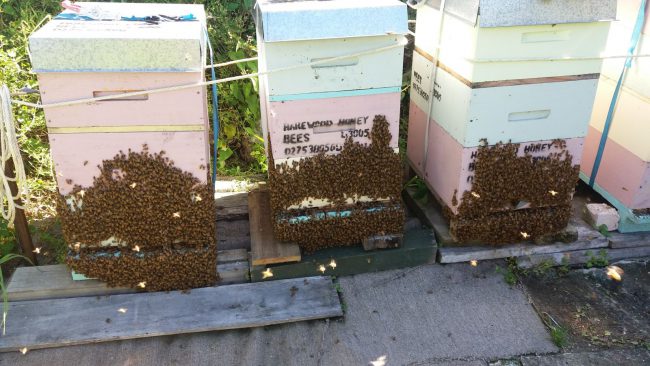Here are some of the rules concerning the transfer and selling of hives:
1. When a hive is transferred from one beekeeper to another it is a requirement upon the seller to guarantee that the hive is free of any diseases and other pathogens as well as unwelcome insects such as varroa, etc.
This requirement is written into law.
2. The seller must ensure that the buyer has registered the site upon which the hive will be placed and that the site meets any local requirements and by-laws.
3. If the buyer is a new beekeeper then the seller must furnish the buyer with a form so that the site can be registered with the authorities. Very often the seller will assist the buyer to fill out the form. This is because a requirement on the form is that the coordinate map reference using the NZ 260 maps must be given and it is most likely that the new beekeeper will be totally unfamiliar with this.
Registration is free but it is nonetheless a lawful requirement.
4. When a seller transfers a hive to a new beekeeper then the seller will also give support for a minimum period of (usually) six months so that the health and well being of the hive can be periodically checked and maintained in the new condition. Working with the buyer, many skills can be transferred to the buyer so he/she can maintain the hive without further assistance. Telephone and email support is also usually offered.
5. Normally, the seller will advise upon the best place to site a new hive. This is typically in a position so that morning rising sun will be on to the front of the hive. The placement should also be free of cold wind, dampness and other livestock and threats to the hive. A hive strap is often needed, particularly if the area suffers from seismic activity such as is the case in most of Christchurch.
6. The new beekeeper must be educated with some of the facts concerning bee colonies to ensure that the novice is not placed in any danger. Bees can be aggressive and can inject a toxin via a stinger at the bees rear end. Some people react badly to this toxin to the point that breathing becomes impossible and in some cases death may ensue. Some others suffer huge swelling that can be dangerous to health.
It is therefore imperative to wear a protective suit with a veil and suitable gloves.
7. Members of the new beekeepers family and friends must be told of any dangers that may occur when working around bees. This particularly applies to children and family pets. Bee venom is highly toxic to dogs
Derek T Skinner

